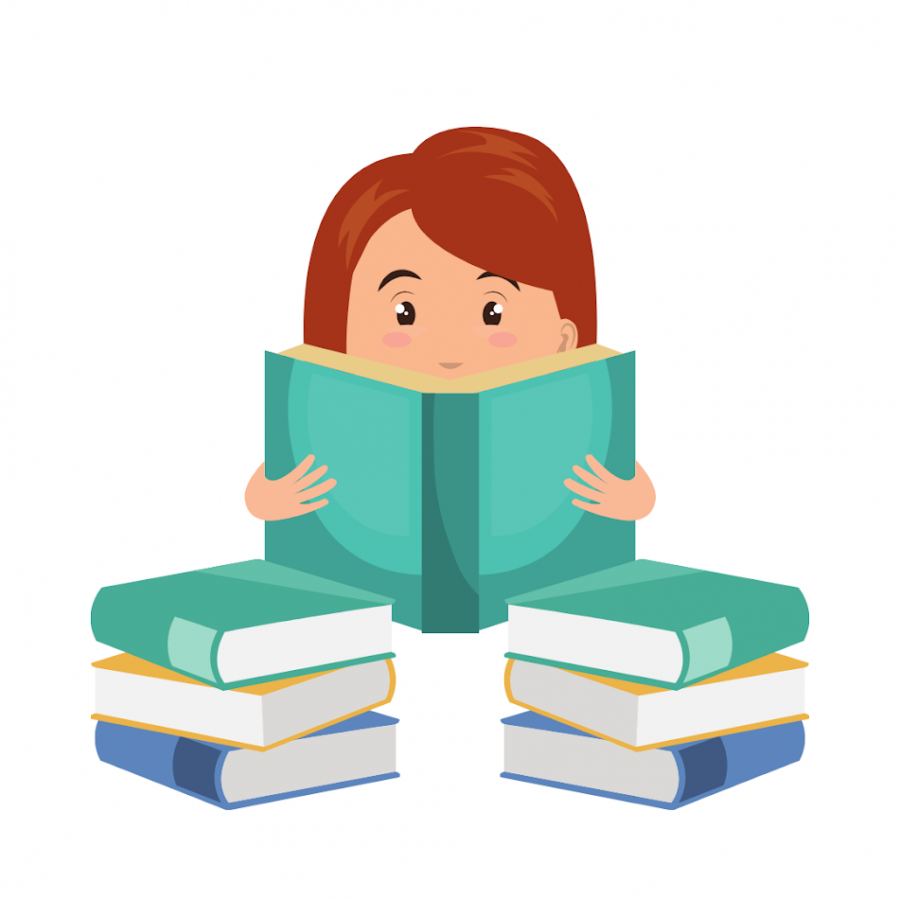Schools have ruined reading for students
Since I was a child, reading has always been a favorite pastime of mine. It was reading that first drew me to writing, and I still enjoy it. In fact, I am quietly attempting to read “Six of Crows” by Leigh Bardugo in the midst of my senior year responsibilities.
Although I may enjoy bending over backwards for a book, others don’t see it that way because they either have no time to read or dislike it. The majority would either say that they rather not read words off a page or that it was course readings that schools mandate during summers and the academic year. Having never read an enticing book for class, some students likely believe that all books are the same–boring. Unfortunately, schools tend to sabotage people’s motivation to read. It is disheartening to see how students do not enjoy reading. And in my opinion, the issue is in schools.
Throughout high school, most of the books and novels I had to read were not considered any of the classics; they were either texts that the teacher enjoyed or were simple to incorporate into a current lesson plan–nothing that would likely appeal to the average student. Some of the books could have also been chosen by the teacher years ago and were never updated because it was convenient for them.
Only two or three of the more than 25 works we studied in my high school classes stayed with or appealed to me; the rest were neither amusing nor instructive and essentially caused me to regard reading as a duty rather than a joy. Not only did I see reading this way, but most of my classmates were equally unimpressed. And this is a problem. Preventing students from reading what they might enjoy, particularly young ones, leads to a more serious long-term problem.
Written content is a world unto itself. The benefits people gain from reading are tremendous, whether it’s through how-to books, a New York Times op-ed or a blog post. Textual content may be so condensed that a two-minute essay can include considerably more information than a five-minute film on the same topic.
However, people must gain access into the realm of written content. They don’t have to enjoy reading; they just have to want to read. I believe that it has a lot to do with not only the selected texts but also with what is meant to be done with the readings afterward.
In contrast to high school, college readings allow me to reach my own conclusions about a text rather than knowing that I am going to be examining what the color of curtains in the background means. This semester, I am taking a course with English professor Jeffrey Foster on American poetry. I have not yet felt forced to read the poems because, in class, the lesson is interesting, so I want to engage.
It is important to allow students to choose the books they wish to read rather than dictating what they must read. It allows them to discover what they like and what they don’t. While it is important for students to know literary classics, they should also have the freedom to explore their interests, and to choose what books they want for required reading assignments.
One of the primary purposes of reading assignments, in my opinion, is to not only get students to read, but also to keep them reading.
Schools are getting in the way of students and reading. This may not be any one’s intention, but it is an issue. When schools operate as a deterrent to reading, accessing the realm of written information–which is critical today–becomes more difficult than it needs to be.

Amanda is a senior majoring in communication with a concentration in journalism, and a double minor in political science and English. She has been involved...




